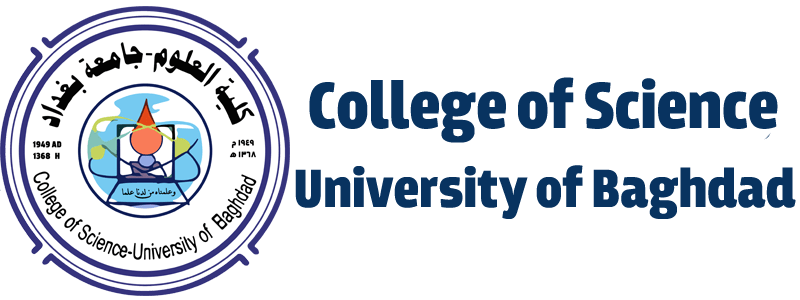Object-Oriented Programming (OOP)
Object-Oriented Programming (OOP) is a programming paradigm that organizes software design around data or objects, rather than functions and logic. An object can be defined as a data field with unique attributes and behaviors.
Laboratory No. 2 (F108)
This is one of the laboratories in the Department of Computer Science, College of Science, University of Baghdad. It is equipped with 21 desktop computers and educational tools such as a display screen and a data projector.
Database Laboratory
The logical design of database systems and understanding the concepts of database analysis, particularly relational databases, are essential topics in the field of computer software. In this laboratory, students learn the fundamentals of databases, their characteristics, and key components. They also gain knowledge of the scientific principles and standards for designing databases using software such as Microsoft Access and others.
4o mini
Laboratory No. 6 – F216
This is one of the laboratories in the Department of Computer Science, College of Science, University of Baghdad. It is equipped with 20 laptops and educational tools such as a display screen and a data projector.
Laboratory No. 7
The goal of this laboratory is to introduce the concepts of parallel programming, teaching students how to leverage these concepts to build efficient programs and achieve high execution speed.
Networking Laboratory
The Networking Laboratory aims to enhance students’ scientific knowledge in the field of networking and communications using communication systems technologies to exchange information, resources, and data available on the network. It prepares students to meet industry demands by familiarizing them with network protocols, their types, and the practical application of network fundamentals through the design, implementation, and simulation of network diagrams.
Practical Subjects Taught in the Laboratory
- Computer Diagrams (Third Year)
- Digital Circuit Design (First Year)
- Microprocessors (Second Year)
- Advanced Computer Diagrams (Fourth Year)



















